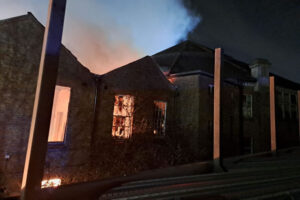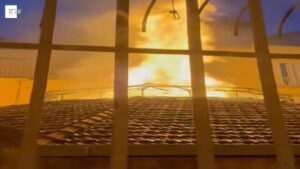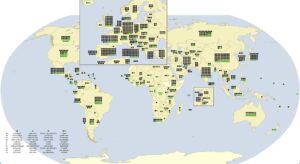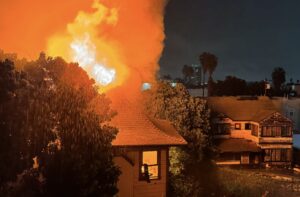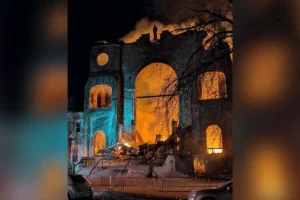Portugal’s Historic Villages Under Siege by Wildfires
Wildfires are becoming an escalating threat to historic towns and villages in Portugal. Currently, several of these cherished settlements are confronting their most intense forest fire season on record. By mid-August 2025, a staggering 216,000 hectares—equivalent to roughly 2.35% of the nation’s landmass—have been consumed by flames.
As of August 17, official data reports that over 172,000 hectares have been directly affected, marking one of the largest wildfire impacts in recent Portuguese history.
Historic Villages Directly Affected or Threatened
The national fire alert system has been extended, prompting the evacuation of several zones, including key historic sites. In the Serra da Lousã region, multiple historic villages were evacuated as fires approached.
A prominent focal point is Castelo Novo, one of Portugal’s officially recognized “12 Aldeias Históricas” (Historic Villages). Surrounded by flames and shrouded in smoke and ash, Castelo Novo faced a critical emergency. Nonetheless, firefighting teams have since brought the fire largely under control, continuing to monitor and respond to ongoing flare-ups.
Significant Incidents in Specific Locations
In Trancoso, within the La Guarda district, one of the month’s largest wildfires burned approximately 8,000 hectares over a weekend. The fire devastated chestnut forests, olive groves, and vineyards, causing significant ecological and economic loss.
Meanwhile, in Serra do Alvão (Vila Real), a wildfire that started on August 2 in Sirarelhos inflicted substantial damage across roughly 5,500 hectares, including 1,500 hectares inside the Natural Park, impacting 28 villages and the town of Lordelo.
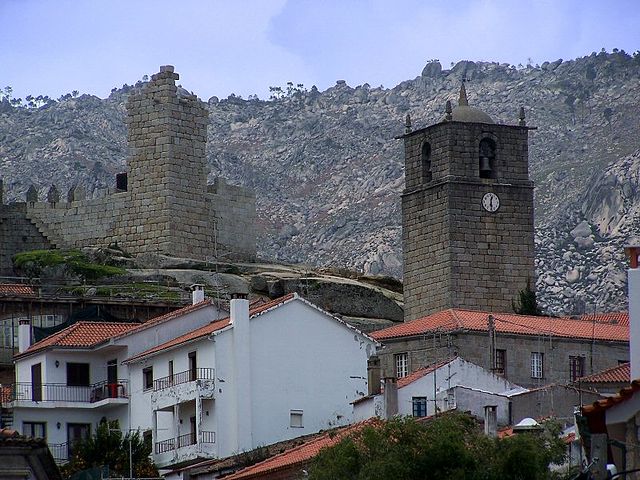
Impact and Context
The wildfires of August 2025 have wrought widespread destruction, forcing historic communities to evacuate and threatening irreplaceable cultural heritage. The fires threatening the Serra da Lousã region and Castelo Novo—areas of profound historical and cultural importance—highlight the scale and urgency of this crisis.
These devastating events unfold amid extreme climatic conditions characterized by prolonged heatwaves, dry winds, and suspected arson activities. This season ranks among the most challenging wildfire periods Portugal has ever faced.
Further Reading on Wildfire Risks to Historic Villages
For fire safety professionals keen to deepen their understanding of wildfire risks to historic and cultural heritage sites, we recommend exploring two previous analyses that explore risk assessment and protective strategies in detail:
- Raging Flames, Vanishing Past: Safeguarding Historical Towns from Modern Wildfire Threats, which discusses the evolving wildfire risks faced by historic villages and the complex challenges in protecting them.
- Climate and Fire Risk in Historical Towns, which provides a broader perspective on how climate change influences fire risk and the implications for heritage conservation.
